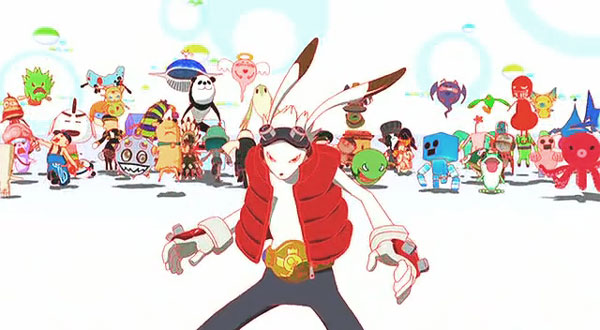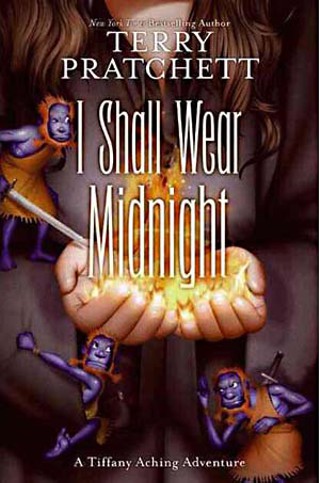(In 2010 I interview Davis Guggenheim, director of An Inconvenient Truth and It Might Get Loud, about his education documentary Waiting for ‘Superman’, for the Austin Chronicle.)
Richard Whittaker: What was your intention when you started making Waiting for ‘Superman,‘ and how did it change during filming?
Davis Guggenheim: It’s amazing when you start doing press for a movie, and you start to realize these things you didn’t know. And I just thought of this right now, this idea that it’s a horror movie, and you wonder who the killer is, and you realize the killer is you. I went and said, “I’m going to find out what the real forces are behind our broken schools,” and I’m a lefty, I’m a Democrat, and I believe in unions, but I realized that the Democratic party, my party, hasn’t been doing what it should have been doing because it’s been getting money from the teachers’ unions to ignore the problems, to ignore the kids they should have been serving. I believe that unions are essential, and I’m part of a great union, and I was with my dad shooting documentaries in coal mines talking about the dignity of the worker, but the unions are this weird force that’s keeping our schools down.
RW: How does that work in Texas, where unions are effectively castrated, and teachers, far from having tenure, are on year-to-year contracts?
DG: But in Texas you still have 206 drop-out factories, 206 high schools where more than 40% of kids don’t graduate, and I suspect that for every drop-out factory there are five or 10 other schools that are pushing their kids through so they can have a great education and be productive citizens. Even though Texas doesn’t share a lot of the things that other states share, there’s still a chronic problem that states have different standards, and we have these huge bureaucracies that determine where money goes, and it usually means it’s not going to the school. We still have all this wonkish ideology to determine what should be taught, and we still have no idea what it takes to make a great teacher, how to assess a great teacher. So I imagine that a lot of the problems are the same, even though across the border some of the contracts are different.
Continue reading Interview: Davis Guggenheim on Waiting for ‘Superman’ (2010) →
 The funny thing about modern technology is that it’s everywhere: Even in rural Japan, it seems like everyone has email, two blogs and a Tumblr account. The remarkable Summer Wars may be one of the first movies to really approach that ubiquity, and not come off as bad cyberpunk.
The funny thing about modern technology is that it’s everywhere: Even in rural Japan, it seems like everyone has email, two blogs and a Tumblr account. The remarkable Summer Wars may be one of the first movies to really approach that ubiquity, and not come off as bad cyberpunk.


